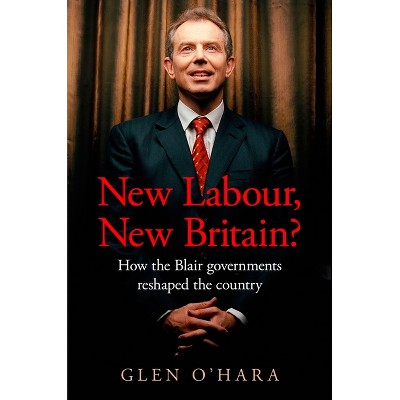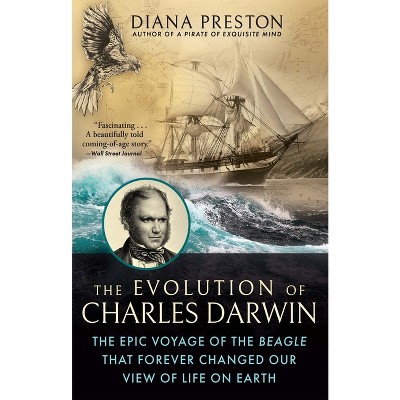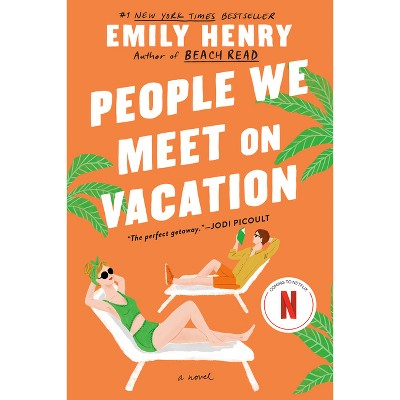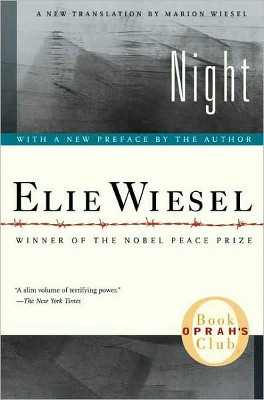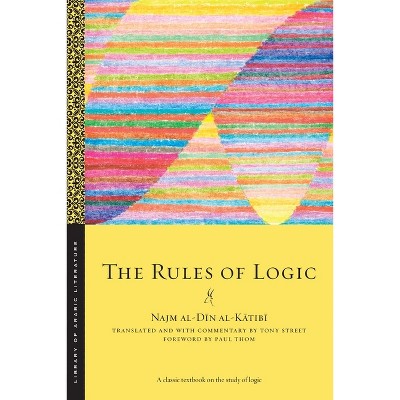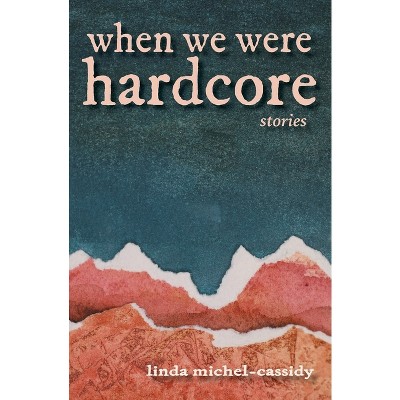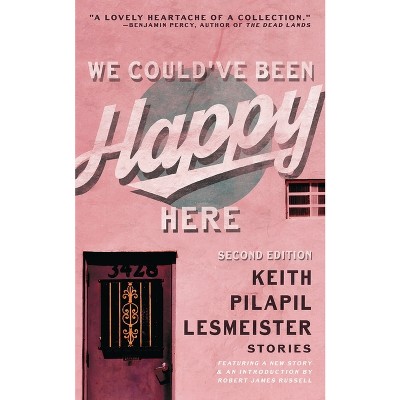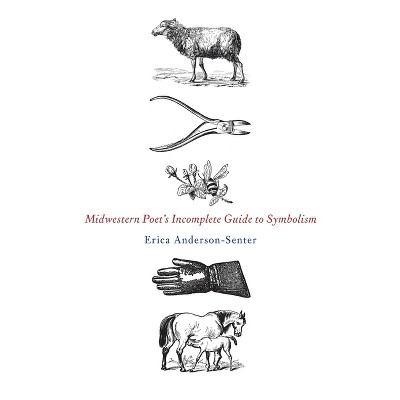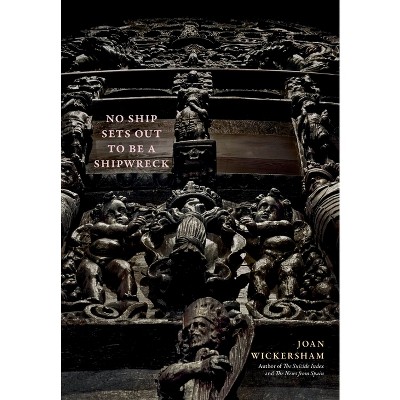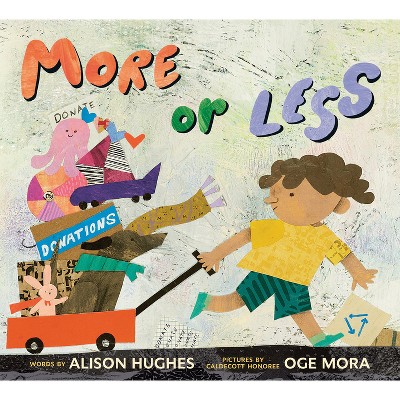Sponsored

More or Less - by Susannah Q Pratt (Paperback)
In Stock
Sponsored
About this item
Highlights
- WINNER OF THE EASTOVER PRESS PRIZE FOR NONFICTION The essays in More or Less explore the degree to which we are defined, and confined, by what we own.
- Author(s): Susannah Q Pratt
- 164 Pages
- Social Science, Essays
Description
About the Book
The essays in More or Less detail Pratt's stepping outside typical consumerism to examine the ways what we buy and own can change who we are and want to be. This book asks how to live well in a culture of consumerism.
Book Synopsis
WINNER OF THE EASTOVER PRESS PRIZE FOR NONFICTION
The essays in More or Less explore the degree to which we are defined, and confined, by what we own.
In 2017, novelist Ann Patchett wrote in the NYT about planning "a year buying nothing" other than what she would consume-and Susannah Q. Pratt took the hint. In 2018, after some convincing (that included a family PowerPoint!) Pratt and her family decided to buy nothing, too: "We undertook a 365-day moratorium on the purchase of new clothes, toys, games, books, electronics, gear, furniture, housewares, and other things that fall in the general category of 'stuff.' For twelve months we purchased only essentials - food, toiletries, light bulbs, and a few pairs of shoes for my growing boys. We stayed out of stores and off of online shopping sites. We fixed things. We made things. We went without."
The twenty-one essays in More or Less are much more than the story of that year. Pratt thoughtfully considers what might bring someone to step outside the usual American consumerism, coming to examine the ways in which what we buy and own can change who we are or want to be. Intertwining scenes of homelife with sustained reflection on notions of utility, disposability, and community, the book addresses the central question of how to live well in a culture of consumerism from which there is no meaningful exit.
Review Quotes
"In this lively collection of essays, Susannah Q. Pratt observes the culture of middle-class consumption from a pause in her own participation. This pause allows her to consider how our lives are "both confined and defined" by the things we own. The resulting meditation on want, need, excess, and garbage asks profound questions about waste, time, and the lost art of thrift."
-- Eula Biss, author of Having and Being Had and On Immunity: An Inoculation
"With vivid writing and beautiful imagery, Susannah Pratt has brought the be- yond into view, unveiling what was once hidden. The essays in More or Less will open you up and move you, asking you to reach for a promising new way of seeing and therefore being in the world. These essays will give you new ways of thinking and talking about consumerism and late capitalism. Each essay is engaging and beautiful."
--Andrew Root, author of The Grace of Dogs and Churches and The Crisis of Decline
"It's not every book that can captivate the imagination with the emotional meaning of a son's basketball shoes! And who among us does not relate to a couple's attempt to get a grip on the basement-a tender understanding that the memories held by the objects we own but rarely see may be more powerful than we had thought. I came away from reading this book with a different point of view on the things we fill our lives with."
--Walter M. Robinson, author of What Cannot Be Undone
Shipping details
Return details
Trending Non-Fiction




